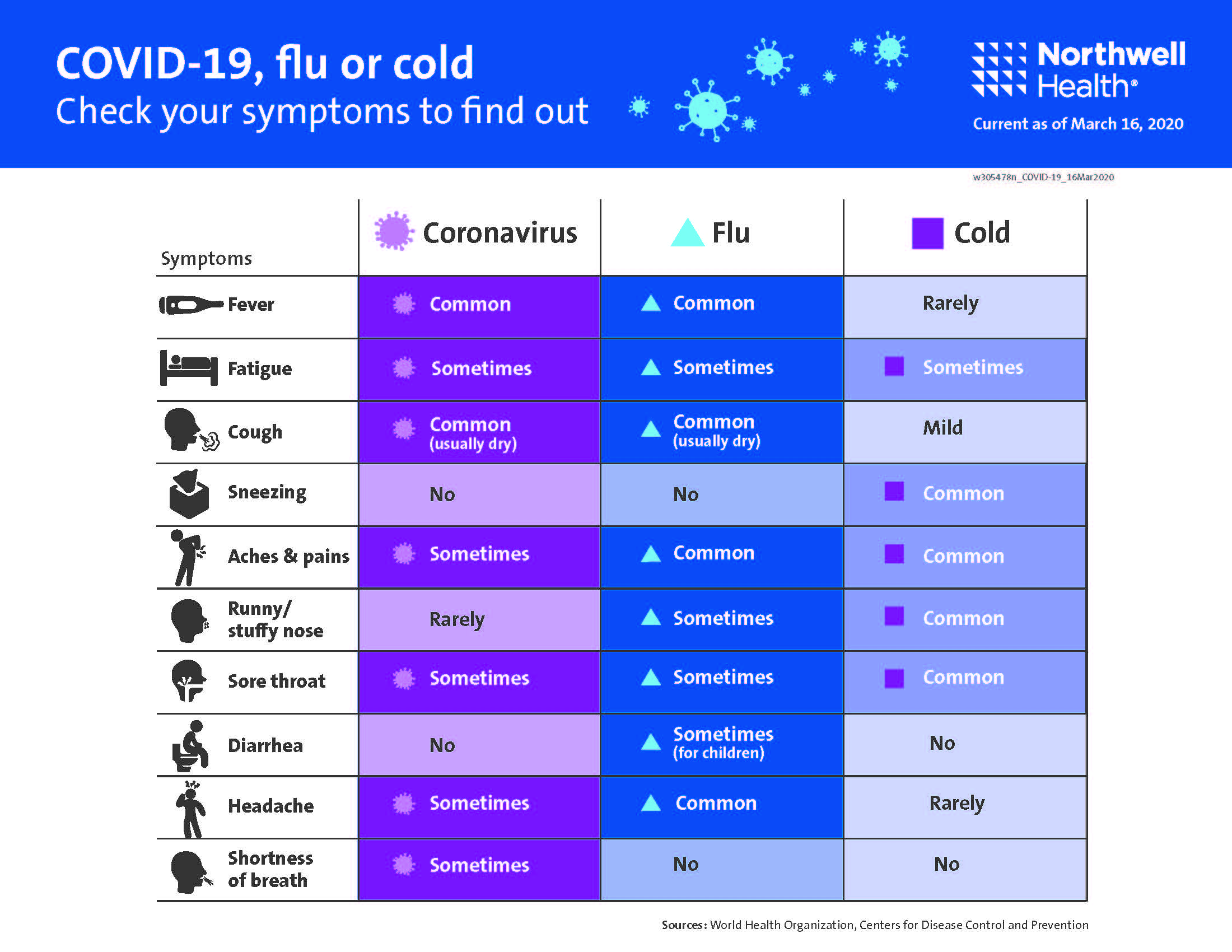Symptoms of Different COVID Variants: Covid Variants Symptoms

Covid variants symptoms – COVID-19 is a respiratory illness caused by the SARS-CoV-2 virus. Different variants of the virus have emerged since the pandemic began, each with its own unique set of symptoms.
The new COVID variants have brought with them a range of symptoms, including fever, cough, and shortness of breath. These symptoms can vary in severity, and some people may experience only mild illness, while others may develop more severe complications.
For example, the actress tyler cherry recently shared her experience with COVID-19, describing the fatigue, body aches, and difficulty breathing that she experienced. Her story highlights the importance of staying vigilant against this virus and taking precautions to protect ourselves and others.
The most common symptoms of COVID-19 include fever, cough, shortness of breath, and fatigue. However, some variants may cause more severe symptoms than others.
The symptoms of the latest COVID variants are evolving, leaving experts scrambling to understand their impact. In the midst of this uncertainty, one constant remains: the resilience of the human spirit. Like Shohei Ohtani, the Japanese baseball sensation who excels both as a pitcher and hitter, we must adapt to the challenges we face and find ways to overcome them.
As we navigate the ever-changing landscape of COVID-19, let us draw inspiration from Ohtani’s unwavering determination and strive to emerge stronger from this global health crisis.
Symptoms of Different Variants
The following table provides a summary of the symptoms associated with different COVID-19 variants:
| Variant | Symptoms | Severity |
|---|---|---|
| Alpha | Fever, cough, shortness of breath, fatigue, headache, muscle aches, loss of taste or smell | Moderate to severe |
| Beta | Fever, cough, shortness of breath, fatigue, headache, muscle aches, nausea, vomiting, diarrhea | Moderate to severe |
| Gamma | Fever, cough, shortness of breath, fatigue, headache, muscle aches, loss of taste or smell, skin rash | Moderate to severe |
| Delta | Fever, cough, shortness of breath, fatigue, headache, muscle aches, loss of taste or smell, sore throat, runny nose | Moderate to severe |
| Omicron | Fever, cough, shortness of breath, fatigue, headache, muscle aches, loss of taste or smell, sore throat, runny nose, congestion | Mild to moderate |
It is important to note that the symptoms of COVID-19 can vary from person to person, and some people may experience only mild symptoms or no symptoms at all.
Comparing Symptoms Across Variants

Different variants of COVID-19 can cause a wide range of symptoms, and the severity of these symptoms can vary depending on the variant, as well as individual factors such as age, health status, and vaccination status.
In general, the most common symptoms of COVID-19 include fever, cough, shortness of breath, fatigue, muscle aches, headache, sore throat, and loss of taste or smell. However, some variants, such as the Delta variant, have been associated with a higher risk of severe illness and death, while others, such as the Omicron variant, have been associated with milder symptoms.
Age and Health Status
The severity of COVID-19 symptoms can also vary depending on age and health status. Older adults and people with underlying health conditions, such as heart disease, lung disease, or diabetes, are at higher risk of severe illness and death from COVID-19.
Vaccination Status, Covid variants symptoms
Vaccination against COVID-19 can significantly reduce the risk of severe illness and death. Vaccinated individuals are less likely to experience symptoms, and if they do, their symptoms are likely to be milder.
Managing Symptoms of COVID Variants

Managing symptoms of different COVID variants at home is crucial for recovery and preventing complications. Here are some tips to help you cope with symptoms effectively:
Rest and Hydration: Get plenty of rest and stay hydrated by drinking fluids such as water, electrolyte drinks, or clear soups. Rest helps your body recover, while fluids prevent dehydration and flush out toxins.
Over-the-Counter Medications: Over-the-counter pain relievers like ibuprofen or acetaminophen can help reduce fever, aches, and pains. Decongestants or expectorants can help relieve nasal congestion and coughing.
Home Remedies: Simple home remedies like gargling with salt water or using a humidifier can help soothe sore throats and dry coughs. Inhaling steam from a hot shower or using a nasal saline spray can also provide relief.
Nutritional Support: Eating a healthy diet rich in fruits, vegetables, and whole grains provides essential nutrients for immune function. Consider adding immune-boosting foods like citrus fruits, leafy greens, and garlic to your meals.
When to Seek Medical Attention
While most COVID-19 symptoms can be managed at home, it’s important to seek medical attention if you experience the following:
- Difficulty breathing or shortness of breath
- Persistent fever over 101 degrees Fahrenheit for more than 24 hours
- Chest pain or pressure
- Confusion or delirium
- Bluish lips or face
- Sudden loss of taste or smell
- Vomiting or diarrhea that doesn’t improve